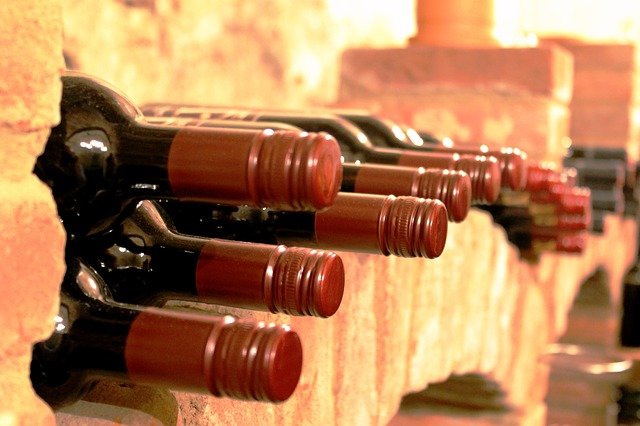Ask a Wine Pro: When Does an Open Bottle of Wine Go Bad? – VinePair
There are some times when you crave a glass of wine, but not the whole bottle. But how can you tell if your opened bottle of wine is still good?
Wine is a very finicky thing, and if not treated right, your leftover vino might as well already be poured down the drain. To learn why some wines last a little longer than others and how to avoid a little waste, VinePair taked to Alisha Blackwell-Calvert CSW, an independent wine consultant in St. Louis.
When it comes to opening a bottle of wine, Calvert says, it is a race against time. “Oxygen is a wine’s best friend, but also [its] enemy,” she says. “Once a bottle of wine is uncorked, it’s like there is a timer on it.”
Don’t miss a drop!
Get the latest in beer, wine, and cocktail culture sent straight to your inbox.
Consumers tend to think that oxygen is a good thing for wine — wine is poured into extravagant decanters, swirled in the glass, and slurped loudly by somms all in the name of incorporating oxygen into it. This is initially to let the wine “breathe,” letting oxygen back into the wine to open up flavors and aromas that were stifled in the bottle. “That initial oxygen is great — it aids in building the aroma as it transcends into your nose,” says Blackwell-Calvert. “But depending on the wine, after a couple of days, the aromas change.” If at first sip you got notes of fresh fruit, it can develop aromas of a cooked fruit, or even vinegar.
There are some obvious signs that a wine has gone bad, like cork taint. But when a wine has been open for too long, it can end up tasting a little bland. Or, if it was high in alcohol in the beginning, it will taste a bit boozier. If you are planning on only using a small portion of a bottle, plan ahead by using wines that have more preservatives in them, such as sulfites or sugar. Sulfites are a naturally occurring preservative that occur on the skins of the grapes, and they give wines the ability to maintain and develop flavors as they age. Sugar, on the other hand, is key to the fermentation of wine. More residual sugar likely means there is less alcohol, which is more volatile when it comes to oxygen exposure.
“Preservatives help a wine keep and stay better for longer,” says Balckwell-Calvert. “For example, a Riesling will stay for longer because it has more sugar compared to other wines.” Oak is another natural preservative, helping keep wines …….
Source: https://vinepair.com/articles/when-does-open-wine-go-bad/
